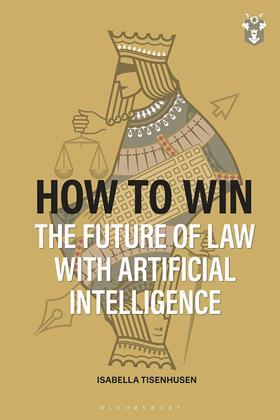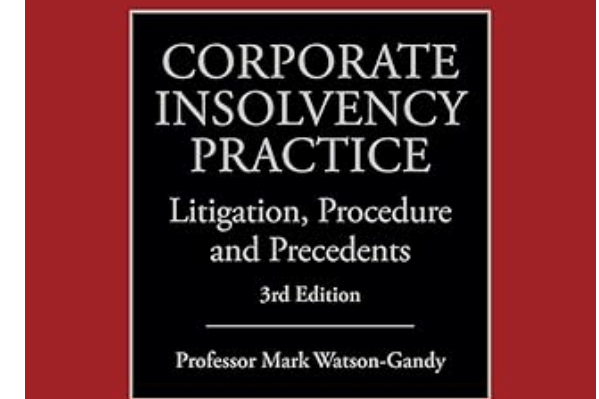How to Win: The Future of Law with Artificial Intelligence
Isabella Tisenhusen
£30, Bloomsbury
★★★★✩
This latest addition to the burgeoning list of books on the artificial intelligence (AI) legal revolution is concerned with the ways AI is used by law firms and how that use might expand.
Tisenhusen starts with her views on current legal practice, though these are not novel. She advises lawyers to use shorter sentences and laments over-elaborate drafting, offering by way of example a lengthy set of terms and conditions. Lord Denning would have agreed decades ago. Tisenhusen makes familiar complaints about law firms, bemoaning oppressive hours and a gruelling working environment. She provides anecdotes of sifting through mountains of documents to find small details, and of summarising complex documentation under severe time pressure.

In those respects, she sees AI as a saviour. AI can search and summarise documents at blinding speed. It can also do more senior tasks, such as drafting agreements using precedents and incorporating client instructions, and can perform a ‘red teaming’ role, questioning the firm’s draft advice. Junior lawyers are thereby spared nightmare document review sessions, while senior lawyers are freed up to do the still-vital human networking. Yet Tisenhusen seems not to appreciate fully that AI will not leave all junior lawyers with more pleasurable jobs involving fewer hours. Many will be left with no job at all. Those who are retained will need new skills to code legal AIs to keep them current (doubtless using other AIs to assist).
Tisenhusen correctly emphasises that at all stages, legal AIs’ work still needs to be checked thoroughly by appropriately experienced lawyers. She rightly says that AI should be treated like another lawyer – its work marked, sent back for revision, and subject to questioning on principles and details. In turn, this means that the evolving profession will have to ensure that lawyers are still trained properly and gain the necessary experience in order to be able to check AI’s work, along with performing roles it cannot.
Tisenhusen concludes by assuming we are a long way from having client AIs deal directly with lawyer AIs to the exclusion of humans on either side. It is difficult to make any predictions with AI, though regulators, insurers and human nature will all baulk at complete human exclusion from legal advice. Tisenhusen includes an AI summary of her book at the end; I fear that AI will write her next edition and, at most, include token human input at the back.
James Wilson FRHistS is an independent legal author. His most recent book is Lord Denning: Life, Law and Legacy (Wildy, Simmonds & Hill, 2023)































No comments yet